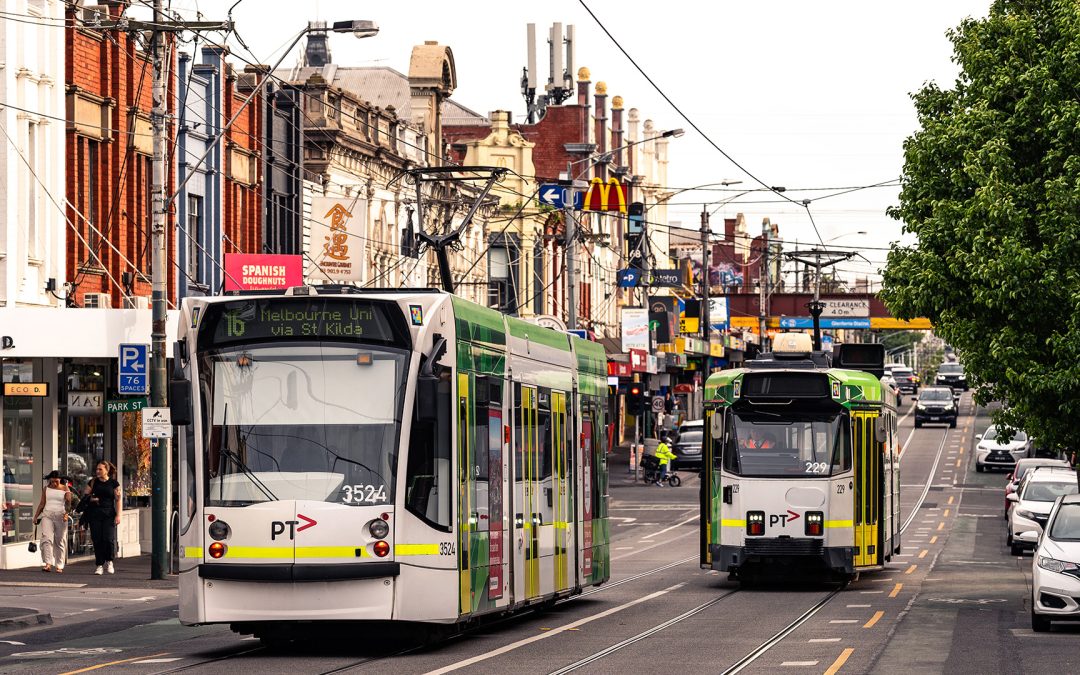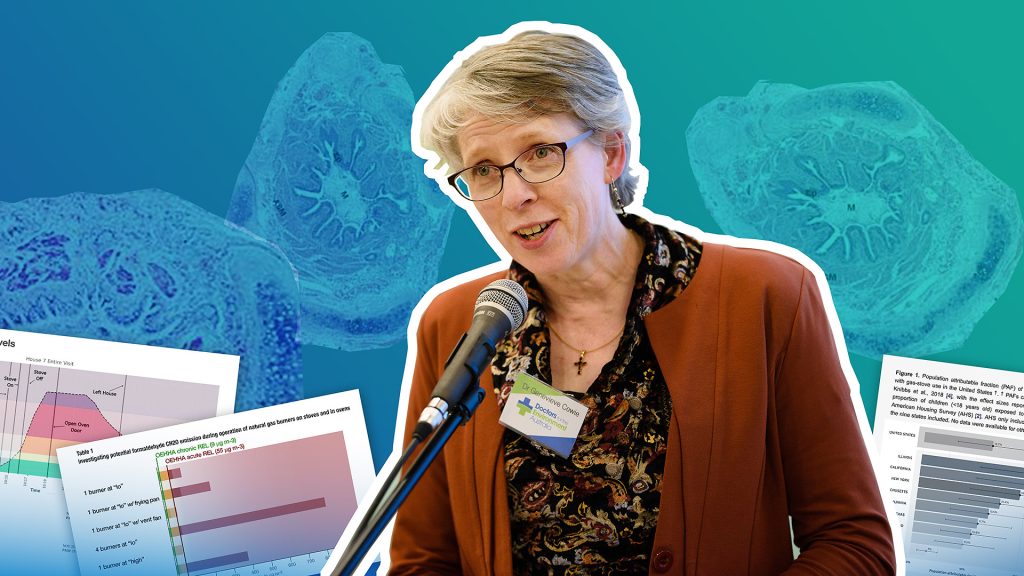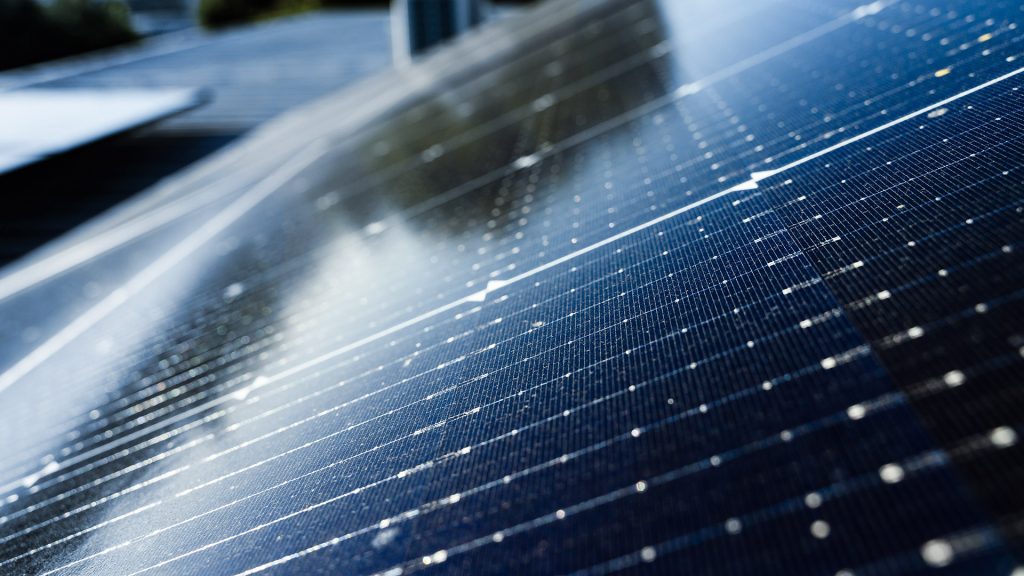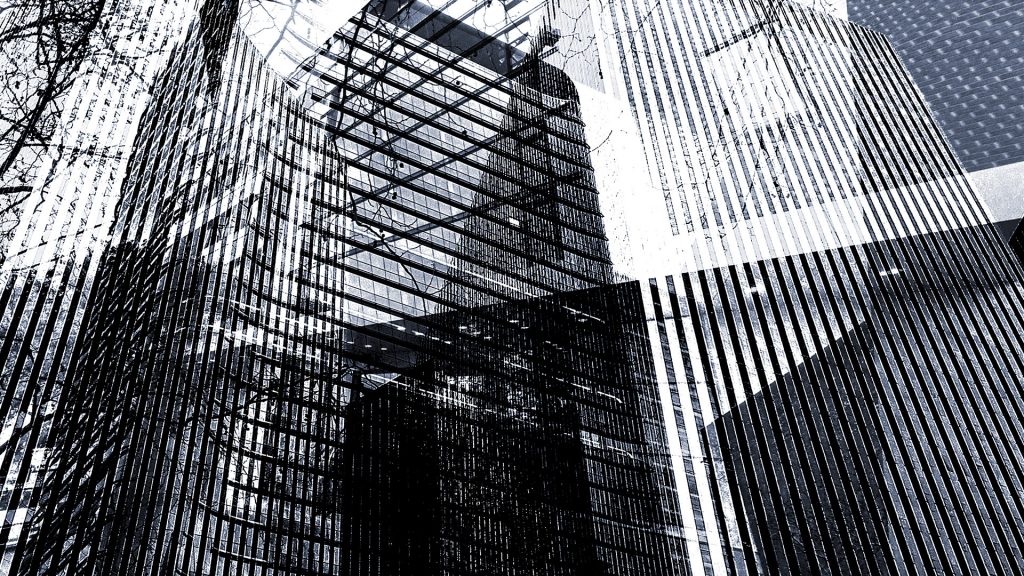Community engagement key to climate action in upcoming Council elections

JACK MEEHAN
Residents in the leafy inner-east suburb of Kew were jolted awake when a “big boom” echoed through the neighbourhood in October 2022.
What sounded like an explosion was actually the roof of the $73 million Kew Recreation Centre, having collapsed inwards during the night, its steel girders twisted and splayed across the construction site beneath.
“They were just lucky … there were no work people on site,” said Lynn Frankes, Kew East resident and Lighter Footprints climate group co-convener.
The Centre’s sudden demise came amidst what The Age reported an “arms race” between suburban councils to replace ageing local pools with new aquatic centres.
These new state-of-the-art facilities, costing tens of millions to construct, can also incur up to $1 million each year in energy bills.
Other such facilities, like the Brimbank Aquatic Centre, estimate $2 million in savings over five years by going electric, a cost-reduction of 76 per cent.
For Ms Frankes, Boroondara City’s plan to retain the original gas boilers, and refusing requests to provide information and costings, is emblematic of a reticence to engage with the community.
Julie Mulhauser, a long-time Boroondara resident, calls the construction stoppage “an opportunity to actually get the technology right.”
“This is a significant investment by our community, and it should reflect best practice, not old-style thinking.”
“For a start, Councillors should listen to the community and listen to residents about what they want, with free information flowing up through formal consultation and through more informal means by councillors who are representing a particular ward.“
– Mick Nolan
Ahead of Victoria’s October council elections, community activists and candidates call for faster action on climate change.
Michael Nolan, running for Bellevue Ward in Boroondara on a transparency and community engagement platform, believes acting on climate change should not be a partisan issue.
“Being a climate campaigner is a very conservative thing to do. That means you accept the science. It means you want to preserve the planet,” Mr Nolan says.
Mr Nolan, who has over 35 years of experience in managing infrastructure and engineering projects, says the Boroondara Council will struggle to meet its goal of reducing community emissions by 60 per cent before 2030.
“If you set goals, and you don’t have the people to do it, you’re not going to hit the goal,” Mr Nolan says.
“They allocated $1 million to the climate strategy, with one junior person working full time on it. They’re not going to make it.”
“The Council budget has an annual allocation of $1 million to implement the Climate Action Plan. To put this in perspective, it is much the same as that allocated to the purchase of library books.”
– Julie Mulhauser, Eastsider News
Ms Mulhauser says the initially ambitious Climate Action Plan (CAP) still has no implementation framework and “lacks accountability”.
Ms Mulhauser and John Friend-Pereira, who have contributed articles in the community newsletter Eastsider News, have provided a clearer picture of poor accountability.
They estimate the council may have spent only 40 per cent of the CAP budget, having mostly organised support for total 31 solar installations, 40 home energy audits, energy meters in libraries, four charging points, workshops and $10,000 in an “unspecified grant”.
“We don’t actually know how much has been spent of that $1 million, we don’t know what it’s been spent on, and we don’t know how effective it has been” she said.
Mr Nolan called the decision to demolish and rebuild the Kew Library a “classic example” of major capital expenditure items that are not wanted by the community.
“70 per cent of people say ‘Oh, really? Why? What’s wrong with it?’”
Councils should provide leadership, says Ms Mulhauser, noting Stonnington’s three rounds of consultation.
On declaring a Climate Emergency: “It was one of the first things we did at the end of 2016 and I really had no idea at the time about what it meant and how it would take off worldwide”
– Cr Suzanne Newton, City of Darebin
Darebin Mayor Susanne Newton, taking a break from letter-dropping her campaign leaflets, explains the significance of affecting progressive change in council.
“Who you have around the table is really important,” Cr Newton says.
“I think people who care about climate, or want to see change, need to either vote for different councillors or to put pressure on the ones you have,” Cr Newton says. “They’re not going to be up for stuff like this unless they feel pressured.”
Councillor Tim Baxter spearheaded Port Phillip’s entry into the groundbreaking Melbourne Renewable Energy Project power purchasing agreement.
Cr Baxter says it was “a great way to kick-start renewable investment” and has resulted in significant savings.
“I was very proud of that because it wasn’t a sure thing,” Cr Baxter says.
Cr Baxter sees a role for councils in facilitating more bulk purchasing, “using our investment power” for low emissions purchases.
“I think that it’s frustrating to hear people say that it’s not council’s role to deal with this,” Cr Baxter says.
“The Local Government Act is crystal clear that it is council’s role to manage the effects of climate change,” says Cr Baxter. “Anyone who doesn’t want to do that is not doing their job as a councillor.”
“If we encourage local shopping, we stop money flowing out to Doncaster and Chadstone. We encourage bike riding and walking, people get fitter, they’re healthier. Getting solar solar on roofs, driving electric cars, then that’s lowering the cost of living and reducing the cost of oil.
If we’ve got conviction and we’re smart, we start shopping locally, encourage walking and riding and plant more trees, strengthening the community and reducing costs and having more money flow around in Boroondara instead of flying offshore and out of our Council.
– Michael Nolan
Mr Nolan grew up in a small farming community in Boort, Victoria, and knows the power of connection.
“Connected community is a strong community,” Mr Nolan says.
Mr Nolan says supporting local business is good, not just for communities, but for emissions.
“It shouldn’t be difficult, and we are an affluent council,” Mr Nolan says.
“People not driving to Chadstone or Doncaster Shoppingtown, looking to shop locally, they’re bumping into their neighbours,” he says. “Community used to be a lot stronger.”
For Mr Nolan, the best part of campaigning is in the thousands of conversations he’s had with Boroondara residents.
“Once you’ve done all the organisational stuff … you’re starting to hear so many good ideas. There’s so much possibility,” Mr Nolan says. “It’s really broadened my horizons.”
“I guess I’d always been interested in environmental issues”, Ms Frankes says.
“But as I got married and moved on with life, you just put your head down and keep working,” Ms Frankes says.
“It’s hard to look up … I’ve got two beautiful children … I want to be able to say to them ‘I did everything that I could to stop this.’”
“I was born in the 60s. So it’s it’s my generation that has allowed this to happen. We carry the blame. So I think there was some famous quote, like we’re the first generation to understand this and the last generation who will be able to do anything about it. And I feel a responsibility, because it’s happened on my watch.
– Lynn Frankes
“Cultural change always takes some time. I don’t know that it’s necessarily difficult to do it. It’s just about how you frame it,” Cr Baxter says.
Mr Nolan points to the existential nature of the climate challenge as a key driver for his campaign.
“We don’t know exactly what’s going to happen, but we know that it’s going to be bad”, he emphasises.
“We’ve got to act now”, he asserts – making the solutions, but not too far in front, bringing people along.
“You gotta take people with you.”
Gas Health Impacts with Dr Genevieve Cowie
JACK MEEHANWhat risks do we run with household gas? Check out this highlights video from Dr Genevieve Cowie, Convenor of Doctors for the Environment Australia’s Research, Education and Advocacy Committee and public health physician. You can watch the video here. Dr...
It’s time to go electric
JACK MEEHANIt has been a rewarding experience to work with Electrify Boroondara to create engaging promotional videos and help grow the group's profile. Electrify Boroondara Expo Electrify Boroondara is hosting a huge electrification Expo today, with experts...
Issues around media concentration in Australia
JACK MEEHANWhat stands out when looking at journalism in Australia? If looking first at print, the answer is clear. Australia has one of the most concentrated news-media industries in the world, dominated by just a small handful of companies, consolidating their...





Recent Comments